Embrace a new generation of storage
Data management and storage are evolving rapidly, and as part of this evolution, certain technologies are swiftly becoming outdated—with tape backup as the perfect example.
Tape backups were once seen as a dependable way to safeguard data, with organizations relying on them in fear of ransomware. However, technology and contemporary business requirements have evolved significantly. Today, having immediate access to data via cloud, on-premises, or hybrid solutions is not just a preference but an essential requirement for maintaining competitiveness and fully utilizing cutting-edge technologies such as AI and data monetization practices, to name a few. (Plus, the cloud now offers a secure solution with object-locking.)
Tape backups have notable drawbacks that hinder their suitability for modern business demands. To start, their data retrieval process could be faster and more labor-intensive, often taking hours or even days, making them ill-suited for the fast-paced business environment we operate in today. Moreover, tape backups are highly susceptible to physical damage, posing a significant risk to data integrity, particularly during disasters.
The limited scalability of tape backups presents a considerable challenge for businesses facing exponential data growth. Additionally, while tape backups may seem cost-effective at first glance, the ongoing expenses associated with maintenance, replacements, and data retrieval can render them less economical than newer data storage alternatives. Moreover, as data ages and tape generations become EOL, drives may become unavailable to read your data—forcing organizations to copy their tapes to new generations, which can be labor- and time-intensive, disrupting the existing data protection that is already in place.
Today, the imperative is to enable immediate data access across various contemporary business applications. For example, AI and machine learning heavily depend on rapid data access for tasks such as model training, real-time predictions, and optimization processes. Tape backups significantly impede the speed and efficiency of these critical operations. Furthermore, data monetization has become a lucrative revenue stream for many businesses, and immediate data access empowers organizations to extract valuable insights, create new revenue streams, and gain a competitive edge.
Additionally, swift data access is vital for ensuring business continuity during breaches or disasters. Cloud and hybrid solutions provide robust disaster recovery capabilities, minimizing downtime and potential losses. Lastly, in the era of remote work and global collaboration, instant data access enables teams to work seamlessly, regardless of their physical locations.
The advantages of embracing cloud, on-premises or hybrid data storage solutions are clear. Cloud storage offers scalability, high availability, and automated backups, allowing businesses to access data from anywhere, facilitating remote work, and ensuring data availability round the clock. On-premises storage provides control over data access and security, making it ideal for storing sensitive or regulated information. Hybrid solutions combine cloud and on-premises storage strengths, offering flexibility, scalability, and data redundancy tailored to specific organizational needs.
Nonetheless, there’s a crucial consideration to bear in mind. Managing data within the cloud of your preference can be more complex than it may initially seem, mainly because you need the right tools for the job. Fortunately, there exists a viable solution to address this challenge. A cloud data management platform is the driving force and indispensable asset for leveraging the potential of modern business applications. It streamlines the data ingestion process, facilitates data-to-cloud workflows, optimizes archiving, and fosters collaboration while offering comprehensive insights into costs and advanced business intelligence (BI) capabilities tailored to your storage needs.
Businesses that prioritize data accessibility and embrace the right cloud data management platform will be better positioned to thrive in the digital age and adapt to evolving technological landscapes, securing their continued success in a rapidly changing business environment. And best of all, you never have to deal with tape again!

